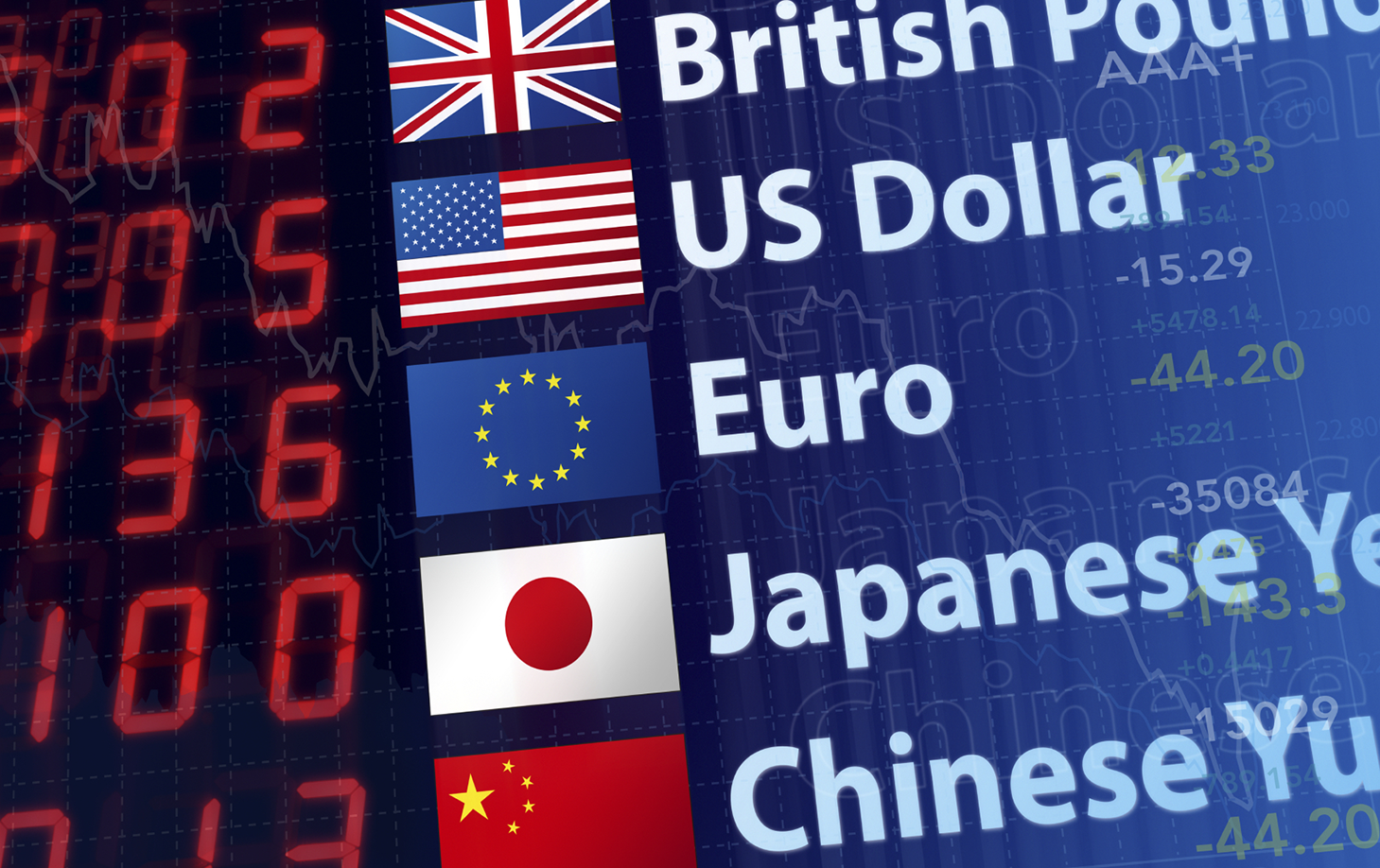The European Securities and Markets Authority (ESMA) has formally approved new rules for the provision of contracts for differences (CFDs) and binary options to traders.
The new regulation will begin to apply from 2 July 2018 for binary options and from 1 August 2018 for CFDs.

The Forex brokers are digesting the new rules imposed by ESMA with mixed senses. While Forex industry is getting ready for the new leverage restrictions, the new requires for transparency and other developments taking place in the European financial markets.
Keeping in their mind the adoption of the new regulations, the brokers reckon on keeping their clients satisfied. However, concerns over the business implications that goes with the ESMA decision remain lifted.
The Advantages of Regulated Brokers
There are evident advantages of trading in a regulated field that offers defense of rights in case of a matter of dispute with the broker. This should offset the leverage cap imposed by the new regulations.

Some regulated brokers are very anxious due the possibility that the new rules may trigger traders to select offshore brokers suggesting higher leverage over regulated companies.
The new measures will help brokers to turned their attention to their customers, and traders choose the most favorable broker for them. So far, it was sometimes really difficult to understand a clear difference between the three types: traditional brokers offering multiple financial instruments, the Forex brokers specializing in marketing and conversion, and the offshore brokers.
I would decisively criticize a choice preference to offshore brokers. Brokers that work in a regulated field are more likely to hold back from dishonest practices. And in the case of a controversy with the broker on a trading, a trouble with withdrawing money or the failure of a broker, trading under a legal framework allows protection.
Cons Of Offshore Investing
Trading with an offshore broker means hidden threats such as slippage or problems with withdrawing funds. Traders should ask themselves if they are ready to take chances for large leverage that offshore brokers offer.
Some traders may consider higher leverage more favorable due to lower volatility in forex markets that hits the industry as a whole. Similar trading terms have been applied earlier and were characterized by moments of sharp movements in markets.
Financial Leverage in Japan
To ease worries, let's remember that Japan has given effect to a leverage limit of 25:1, more severe than the new ESMA rules, a couple of years ago. The Forex industry is still in good progress under the new legislation. The Japanese case is inspiring as we are worried over the possible collapse from the new batch of regulation in the European Union.

Probably the new set of ESMA rules is a chance to review self-regulation. A regulator that sets best experience for the Forex industry would support a better terms for traders and would consider rigorous external regulation excess.
Conclusion
Broadly speaking, reasonable regulation of the industry lead to transformation of the foreign exchange into a full blown asset type, helping Forex to develop in accordance with the main trends of the investment community.